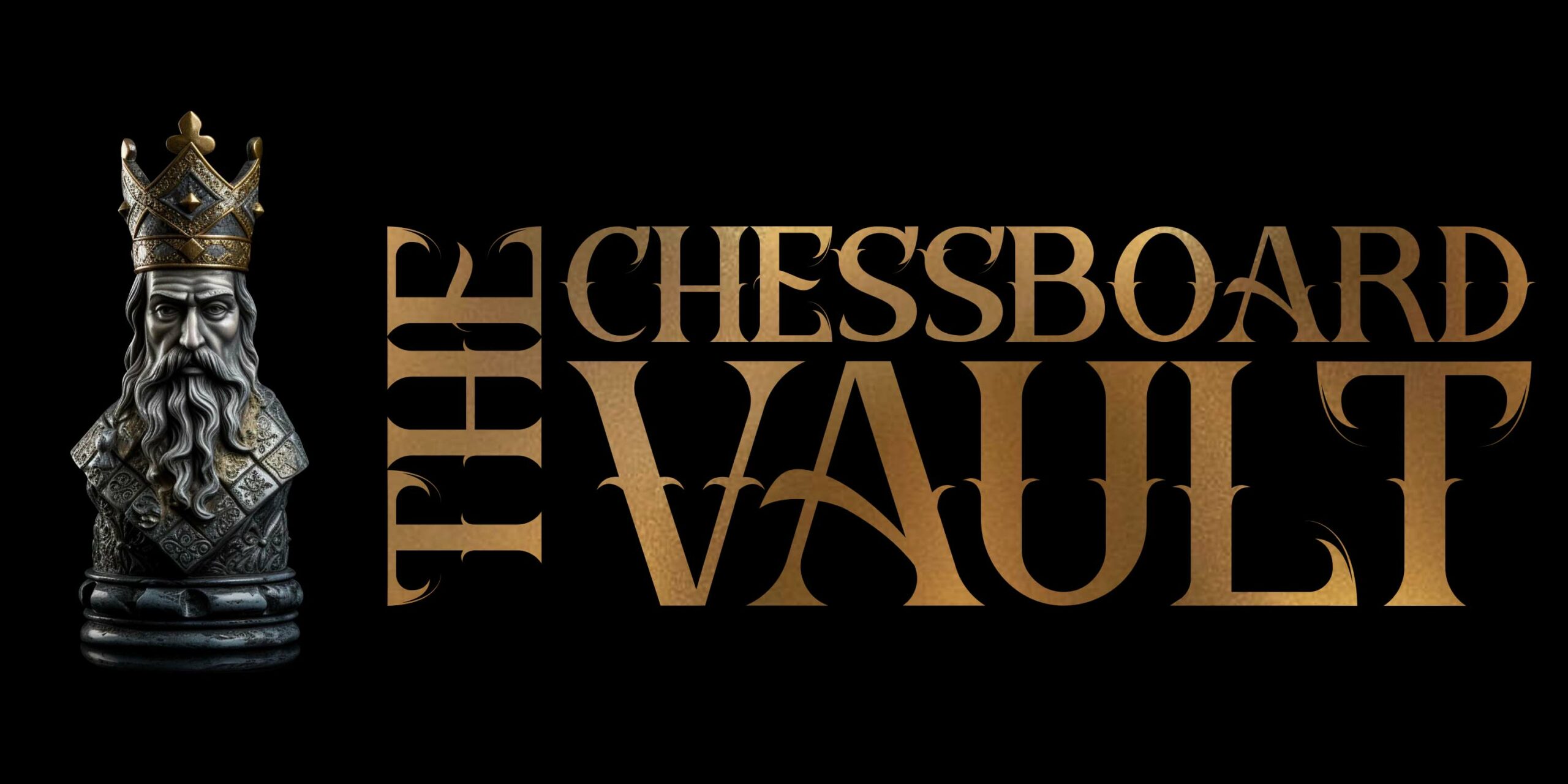Chess and quantitative finance may seem worlds apart at first glance, one a timeless board game of kings and pawns, the other a high-speed arena of algorithms and markets. Yet beneath the surface, both domains reward the same core mindset: strategic thinking, attention to detail, and predictive analysis. Are quantitative developers like chess players?
Strategic Thinking: Playing the Long Game
In chess, players think several moves ahead, weighing not only their own plans but also their opponent’s intentions. Similarly, a quant must anticipate market dynamics, competitor strategies, and risk factors when designing trading algorithms or pricing models. Every move on the board mirrors a decision in the market, requiring a long-term view and calculated planning.
Precision and Accuracy: No Room for Error
Just as a single blunder can cost a chess game, a small miscalculation in a financial model can lead to significant monetary losses. Chess trains the mind to value exactness—from calculating variations to executing endgames flawlessly. Quants live in a similar world of precision, where C++ code, statistical models, and financial assumptions must be airtight. No room for mistakes in both chess and quantitative finance?
Pattern Recognition: From Tactics to Trends
Strong chess players quickly recognize tactical motifs and positional imbalances. In quantitative finance, pattern recognition is equally crucial—identifying statistical anomalies, mean-reversion opportunities, or signals in noisy data. The ability to spot subtle regularities is a transferable skill that thrives in both arenas.
Prediction Under Uncertainty
No chess player has full information about how an opponent will respond, just as no quant has perfect knowledge of market reactions. Both must work with incomplete information, building probabilistic models and making the best decision given the available data. It’s not about being certain—it’s about being consistently right more often than not.
Conclusion: A Shared Mindset
The mental rigor, structure, and logic that define chess are mirrored in the world of quantitative finance. Many successful quants have strong chess backgrounds, and it’s no coincidence. If you’re intrigued by how these disciplines intersect, you might enjoy exploring deeper technical content at cppforquants.com—a site dedicated to C++ programming for quantitative developers.
Both the chessboard and the trading floor demand the same intellectual discipline. Whether you’re optimizing a position or a portfolio, the mindset is the same: think ahead, stay precise, and adapt wisely

